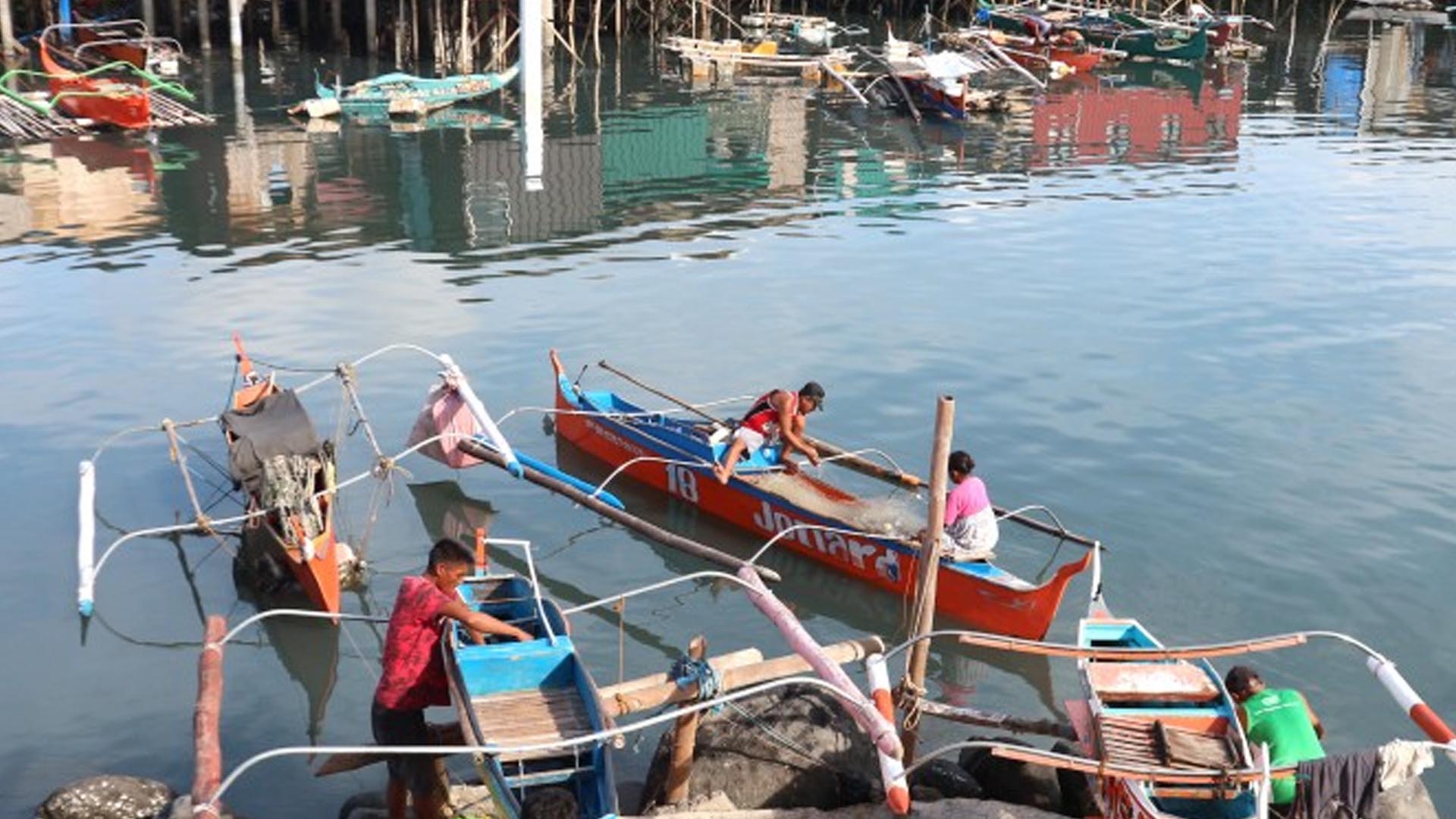A climate and fisheries expert from the Department of Agriculture on Friday emphasized the need to protect small-scale fishers in the Philippines from worsening climate impacts.
Dr. Mudjekeewis Santos, Scientist V at the DA–National Fisheries Research and Development Institute (NFRDI), raised the concern following the 2nd Philippines Smallscale Fisheries National Symposium (PSSFNS2) held at Mindanao State University in Marawi City on Oct. 22.
In a statement, Santos stressed the “urgent need” to address the effects of growing climate vulnerabilities faced by the sector.
“Climate change is real and it’s here. So, we need to know the vulnerabilities in small-scale fisheries so that we will know what to do about it,” he said.
Rising sea temperatures, ocean acidification and changing weather patterns continue to disrupt fish populations and ecosystems, he said.
These were observed in case studies on milkfish, freshwater eel, and giant squid, among others, the expert claimed.
Santos then underscored the need for proactive measures to advance climate resilience and protect the income of the fishers who remain part of the vulnerable sector.
“In the Philippines, the small fishers are the poorest of them all, even with no climate change. How worse will it be?” he said in Filipino.
He added that the government has tools to help cushion the impact of climate change on the fisheries sector, which include FishVool, DA Planner Portal and Climate Risk Vulnerability Assessment (CRVA) for crops and fisheries.
The FishVool is used as an assessment tool to evaluate the fisheries’ susceptibility to climate change; the agency’s Planner Portal helps provide data-driven or evidence-based actions; while the CRVA is also used for risk assessments under the Philippine Fisheries and Coastal Resiliency (FISHCORE) Project.
In the end, Santos said information and accessible resources are crucial to implement available interventions against the effects of climate change in the Philippines.
“We need to inform the people. These things are happening. Climate change is real, so we need to prepare,” he said. (PNA)









